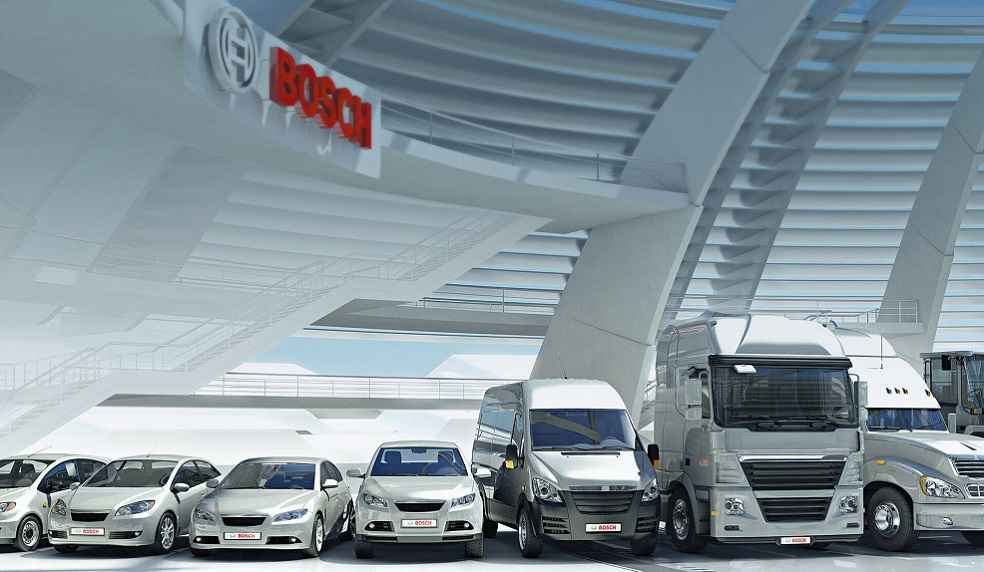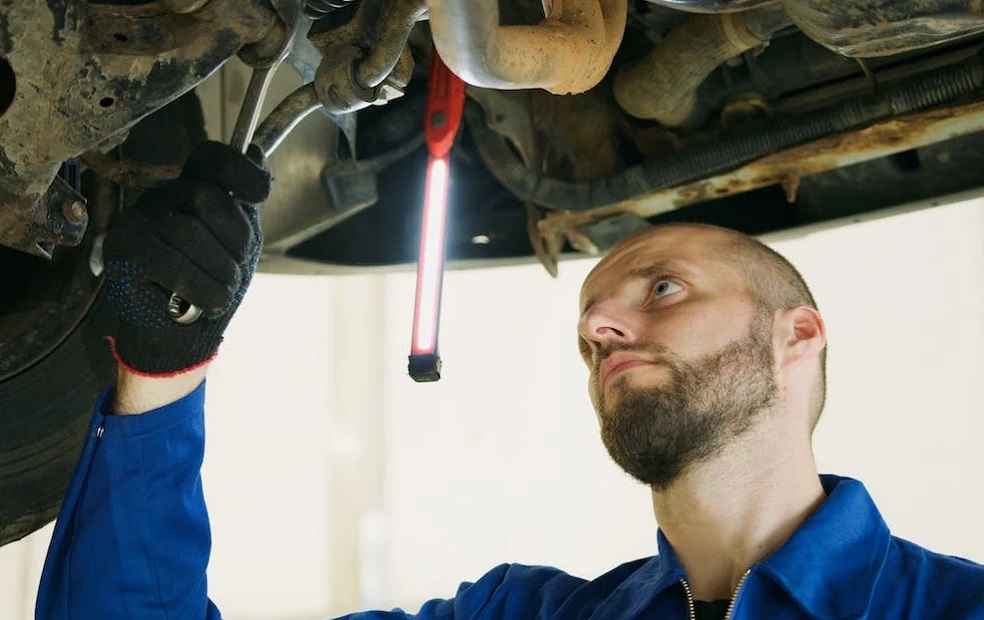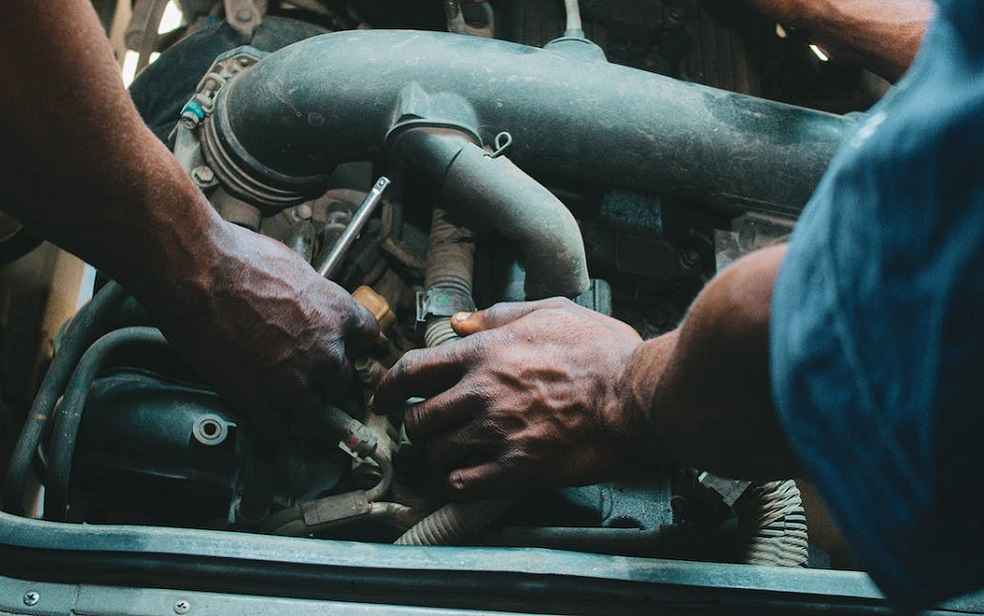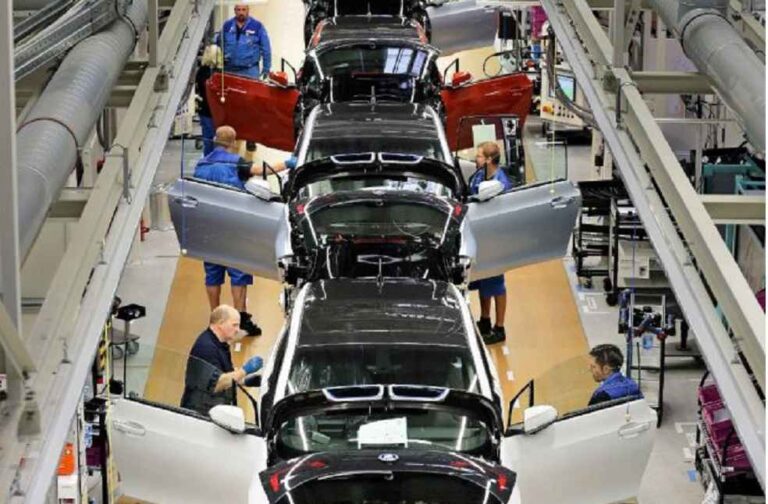Germany’s automotive industry is grappling with dwindling confidence among its suppliers, amidst an electromobility shift to increasing offshoring trends by leading automakers. The change is raising apprehensions around job security for thousands of workers, particularly those specializing in the traditional internal combustion engine sector.
Earlier in July, the global electronics behemoth Bosch took a protective stance by vowing no forced redundancies for its 80,000-strong German workforce until the end of 2027. This situation underscores the emerging unease within the sector.
The simplicity of electric vehicles (EVs), with significantly fewer parts compared to combustion engines, catalyzes fears of potential job losses. These concerns have been magnified by Volkswagen Group’s strategic decision to restructure its plants and broaden production footprints in Eastern Europe.

Constituting a staggering 60% of Bosch’s $98 billion sales in the previous year, the supplier division forms the backbone of Germany’s auto industry. Over half of the company’s 420,000-strong workforce worldwide falls within this division.
Stefan Hartung, CEO of Bosch, stressed the slow and challenging nature of the transition. He estimated that even if production were to shift to all-electric vehicles immediately – a currently impracticable proposition due to insufficient battery capacity – it would take at least 15 years to replace the existing 1.4 billion vehicles globally.
Despite a crippling bout of supply chain disruptions and chip shortages in the aftermath of the COVID-19 pandemic, the industry is showing signs of recovery. A study by automotive sector consultancy, Berylls, reveals that sales among the world’s 100 largest auto suppliers grew by 16% last year, hitting over a trillion euros for the first time.

Despite this uptick, the rising cost of raw materials and energy has been shrinking profit margins. According to Berylls’ study, the effect varies by region with European, particularly German, companies bearing the brunt of the cost pressure, while Chinese firms remain relatively unscathed.
Renowned German suppliers such as Bosch, ZF Friedrichshafen, and Continental continue their reigns among the top 100 suppliers. Concurrently, market shares held by German and Japanese companies are seeing a steady erosion in the face of Korean and Chinese suppliers’ formidable rise.
Alexander Timmer, a partner at Berylls, suggests the forward march of electrification and digitalization within vehicles will further boost this issue.

For now, German manufacturers subsist on the substantial backlog of orders from last year, accumulated amidst a component shortage. But the flow of new orders slows to a trickle amid economic uncertainties. The German Automobile Manufacturers Association (VDA) reported a stark 20% reduction in June’s orders compared to the previous year, with domestic orders witnessing a 27% decline since the onset of 2023.
A recent survey by the Munich-based Ifo Institute revealed an extremely negative business outlook among German automakers, the worst since the international financial crisis. Oliver Falck, head of the Ifo Center for Industrial Economics and New Technologies, ascribed the pessimism to the current geopolitical tensions and the prospect of industrial gas rationing.
This uncertainty marks a critical juncture in the German auto industry, placing suppliers in a precarious position as they negotiate a transformative future towards electromobility.
EDITOR’S PICK | Suzuki Investment at Hungary: €24M for Eco-Friendly Production





